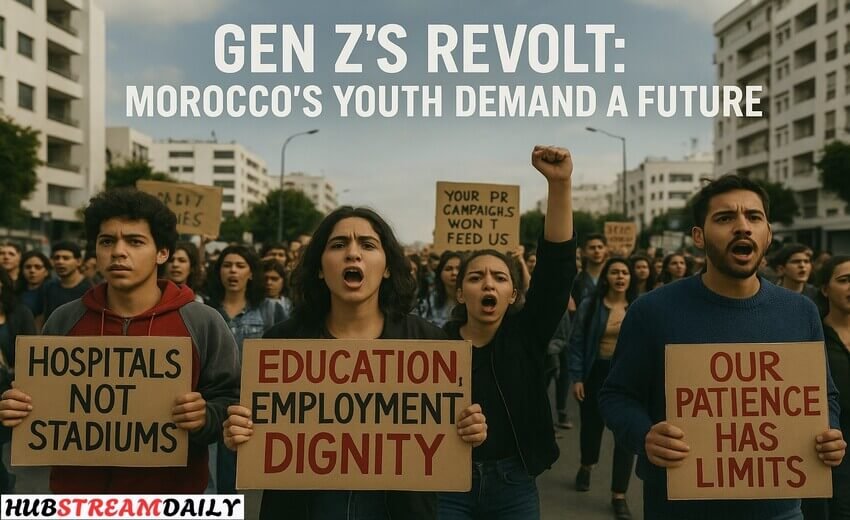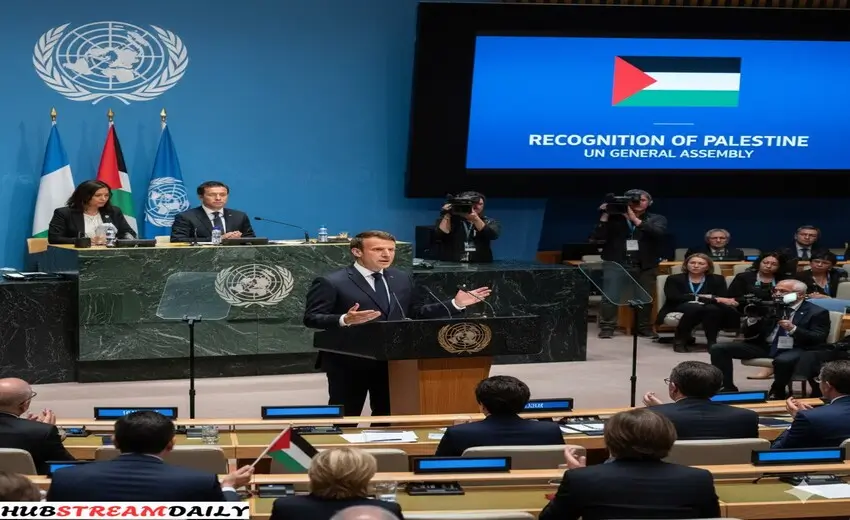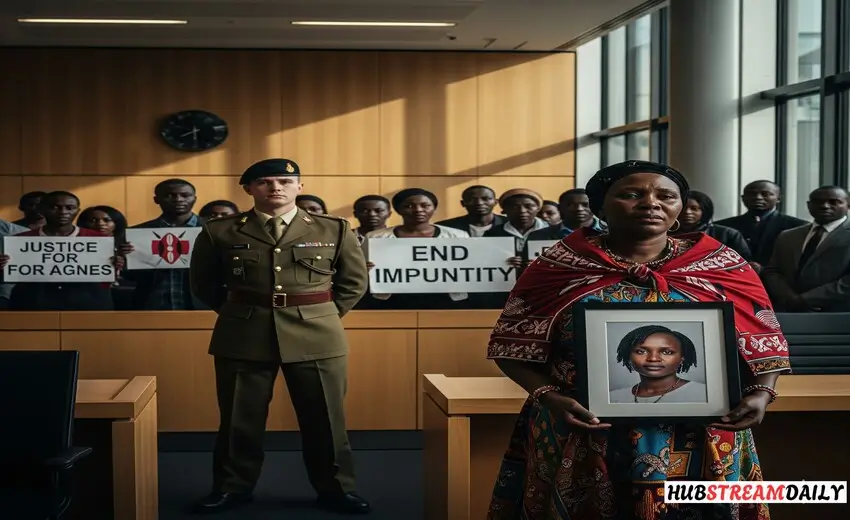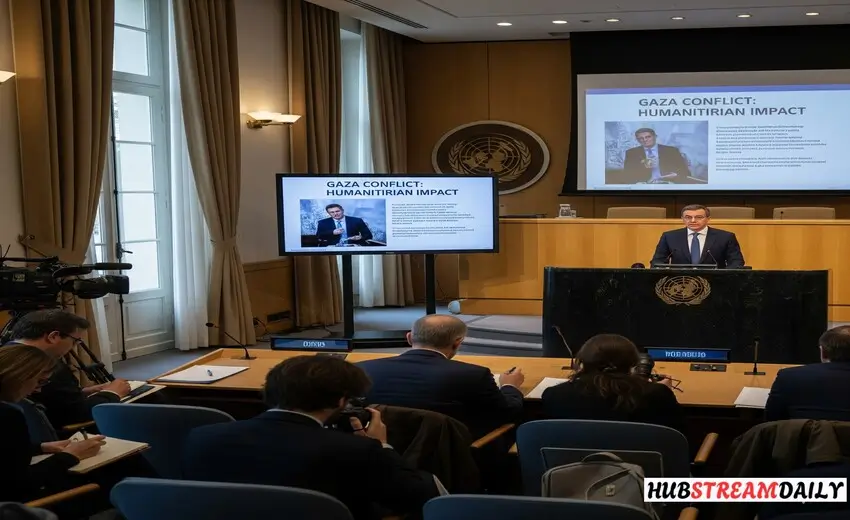
Off the coast of Mauritania, a migrant boat, that was carrying dozens of hopeful people, overturned, resulting in a tragic death of at least sixty-nine persons. According to the authorities, the event happened in the Atlantic waters near Nouadhibou, which is a city known as a frequent departure point for migrants who embark on the dangerous journey across the sea towards Europe.
While they are still investigating what made the boat capsize, the first reports suggest that overcrowding and the bad condition of the sea had played an important role. Those who survived the mishap recounted that there was both chaos and panic on board as the waves battered the vessel and people went overboard. “It was a nightmare,” said one of the survivors who was able to hold on to a piece of wreckage until the rescue teams came. “We were packed like sardines, and the boat was not made for so many people.”
Search and Rescue Efforts
The coastguard of Mauritania together with local fishing boats started a search-and-rescue operation straight away. Many individuals were saved from the water, but the violent sea conditions and the strong currents severely limited the success of the mission. The rescue crew worked tirelessly throughout the night, fighting the darkness and storms, in order to rescue those who were still in the water.
The authorities are warning that the vessels of the migrants going through the same routes are in poor condition and are trying dangerous ways. A member of the Mauritanian coastguard commented, “What we are witnessing is that boats filled to the brim without any safety gear are still leaving our shores.” “These tragedies happen only because people choose to go through these dangerous crossings,” he said further.
Global Repercussions
The incident has put the spotlight on the issue at the global level and, among other measures, has forced the question of better collaboration between African and European governments to be raised. The call is to clamp down on the traffickers and to make the journey safer for the migrants. Rather than just engagement in rescue operations, officials portray that solid suggestions and practical commitments to deal with the problem at its very root are equally important.
Local Community Response
The residents of Nouadhibou are deeply shaken. Families of the deceased are grieving while NGOs, and volunteers are supporting the survivors by providing them with food, medical care, and temporary accommodation. “We really can’t give back life to those who have died,” said one of the volunteers, “However, we may support the survivors to reconstruct their lives and avert more tragedies.”
A Call for Urgent Action
While the authorities continue with their investigations, the disaster stands as a clear reminder of the extensive human suffering caused by migration under perilous conditions. Experts are insisting that governments, NGOs, and international agencies step up their efforts in educating vulnerable communities about the risks, equipping search-and-rescue personnel with modern technology and other needed resources, and issuing safe, legal alternatives for migration.
The Mauritanian authorities have pledged to upgrade surveillance and security operations for ships departing from their waters. Yet, if the area is unstable both economically and politically, then there will still be a massive number of people who are ready to take the risk of death on the ocean and seek a better future.
Search and Rescue Efforts
A search and rescue operation was immediately launched by the Mauritanian coastguard units that, in addition to local fishing boats, carried out the action. Although seaworthy souls were plucked from the water in large numbers, rough sea conditions, and strong currents significantly limited the operation’s success. In their effort to save anyone still alive, the rescue teams worked through the night in darkness and tempestuous waters.
Authorities have reported that some bodies were recovered, while others are still missing. Looking for the missing persons, the teams have been scouring the area, but every hour that goes by lowers the chances of setting eyes on any survivors. “We are doing everything possible, but the conditions are extremely difficult,” a coastguard spokesperson said.
The Migrant Crisis in West Africa
The catastrophe is a tragic and poignant reminder of the migrant crisis in West Africa, which sees the number of migrants braving the journey to find better opportunities in foreign lands rise. The majority of migrants are from countries that are politically unstable, poor, and with high rates of unemployment as well as limited access to education and healthcare. Nevertheless, most of them still choose the risky sea route, being motivated by the aspiration for a better life.
Persistent warnings from humanitarian organizations could not prevent these voyages. Vessels are usually not equipped properly, are in poor maintenance, and are overcrowded, which makes them very vulnerable to capsizing. Several international organizations call for stricter protective measures and more legal ways to prevent such tragic deaths.
Survivor Accounts
Several survivors shared their terrifying experiences. One young man, out of concern for his safety, did not give his name and recounted that he saw children being carried by the water: “We tried to rescue them, but the situation was such that there was no way. I still see their faces.” Besides, one of the survivors told that they had been on the ocean for over 48 hours prior to the incident, suffering from hunger, thirst, and weariness.
International Reactions
Tragedy has put a spotlight on the issue from around the world. The United Nations Refugee Agency (UNHCR) referred to the occurrence with extreme regret, calling for an immediate response to ensure the security of migrants. “The deaths we are witnessing today are entirely avoidable,” said a UNHCR spokesperson. NGOs are the key instruments that can help solve this problem, alongside the governments, which must coordinate efforts with international organizations to facilitate the provision of safe and legal routes to refugees or individuals looking for better lives living conditions.
European countries, the ones that have always been the last stop of the road, have also reacted to the event. The human rights groups in Spain, France, and Italy, have asked for intensified collaboration with the West African countries to tackle the trafficking networks that target the poorest and most defenseless groups in the population.
Local Community Response
The local residents in Nouadhibou, are very saddened by this. On the one hand, relatives are grieving the lost ones, while on the other hand, NGOs and volunteers provide support to survivors by extending food, medical services, psychological counseling, and temporary refuge. “Though the dead are lost to us, we can be there for the survivors as they build their lives again,” said a volunteer assisting the families affected.
Statistics and Regional Context
Over the previous ten years, Mauritania has been experiencing a continuous upward trend of migration flows to Europe. Multiple international migration reports confirm that this journey is made by thousands of people every year, whereas only a few manage to get through it alive. It is alleged that more than 200 fatalities because of maritime accidents with migrants along the coast of Mauritania occurred in 2024. However, the experts are of the opinion that the figures could be beyond the current estimation as there could be a lot more unreported cases.
Finally, The drowning of sixty-nine migrants off Mauritania is a devastating reminder of the fragile line between hope and tragedy. It is a call to action for stronger protections, international cooperation, and immediate attention to the crisis that drives people to risk everything for a chance at survival. The world watches as Mauritania and its neighbors face the urgent task of preventing such heartbreaking losses in the future.





